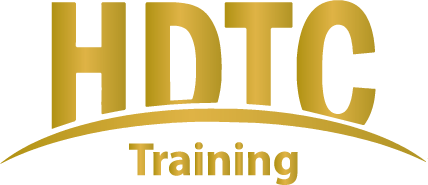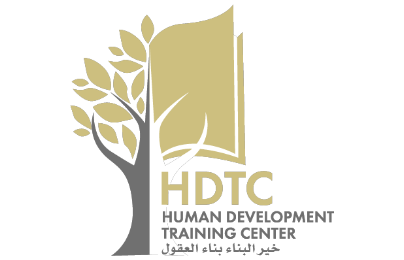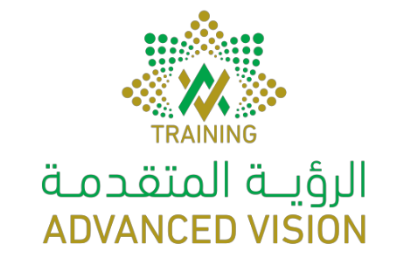- Learn precisely what you need to know to pass the Agile Certified Practitioner (PMI–ACP) Exam.
- Understand Agile principles and practices that will improve team performance and customer satisfaction.
- Acquire valuable insights into how you can empower and inspire your team
- Discover techniques to more actively manage a project's scope to help better ensure the delivery of the best product possible, even if that differs from what was planned
- Learn to know and collaborate with customers for better results
- Understanding and applying multiple agile approaches including Scrum, Lean, Kanban, and Test-Driven Development.
- Engaging stakeholders effectively to gather requirements, incorporate feedback, and ensure project success.
- Delivering value to customers through iterative development cycles and employing agile metrics for informed decision-making
- Arm yourself with the latest industry knowledge on how to manage dynamic projects in the most unforgiving environments.
- Learn why studies have shown Agile teams are significantly happier with their work, and ensure this benefit for your team.
Domain I: Agile Principles and Mindset
Domain 2: Value-Driven Delivery
- Define Positive Value
- Avoid Potential Downsides
- Prioritization
- Incremental Development
Domain 3: Stakeholder Engagement
- Understand Stakeholder Needs
- Ensure Stakeholder Involvement
- Manage Stakeholder Expectations
Domain 4: Team Performance
- Team Formation
- Team Empowerment
- Team Collaboration and Commitment
Domain 5: Adaptive Planning
- Levels of Planning
- Adaptation
- Agile Sizing and Estimation
Domain VI Problem Detection and Resolution
Domain VII Continuous Improvement (Product, Process, People)
Organizations that embrace agility and adaptability outperform their counterparts, completing more projects successfully.
With the demand for agile practitioners soaring, earning the PMI-ACP certification is more valuable than ever.
Developed by agilists for agilest, this certification enhances your agile mindset and skills to deliver value and versatility across diverse industries.
- The median salary for a Scrum Master holding the PMI-ACP certification stands at $133K, while those without it typically earn $115K. (Source: 2021 ZipRecruiter data)
- PMI-ACPs are highly satisfied with the qualification. (Source: 2021 PMI survey of 592 PMI-ACP certification holders.)
This PMI-ACP exam prep is designed for anyone who is considering the use of an Agile PM methodology for software development, including:
- Project Managers
- Program Managers
- Analysts
- Developers
- Testers
- IT Managers/Directors
- Software Engineers
- Software Architects
- Software Managers
- Testing Managers
- Team Leaders
Earning the PMI-ACP certification requires commitment, but it's worth it. If you possess real-world agile experience, you've already overcome the most challenging part. Before applying, ensure you meet the following requirements:
- Secondary degree
- 21 contact hours of agile practice training
- 12 months of general project experience within the last five years (a current PMP® or PgMP® satisfies this requirement but is not mandatory)
- Eight months of agile project experience within the previous three years
If you’re experienced in using agile approaches, have good collaboration skills, eagerly embrace complexity, and thrive on rapid response times, then your talents are in demand.
- Agile Project Manager
- Scrum Master
- Agile Product Owner
- Agile Consultant
- Agile Transformation Lead:
- Project Management Office (PMO) Agile Lead
- Agile Program Manager
- Agile Team Lead
The PMI-ACP exam consists of:
- 120 multiple-choice questions
- Time allotted: 3 hours
- During the PMI-ACP exam, a 10-minute break is provided. The break occurs after completing questions 1 to 60 and reviewing all your answers.
- Important Notes: Once you review your responses and start the break, you cannot return to the questions from the previous section of the exam.
Retaking the Exam:
- If you do not pass the exam on your first attempt, you can retake the exam up to three times within the 1-year eligibility period.
- After three failed attempts, you must wait one year from your last exam before reapplying for the certification.
- If the 1-year eligibility period expires without passing the exam, you must reapply for the certification.










